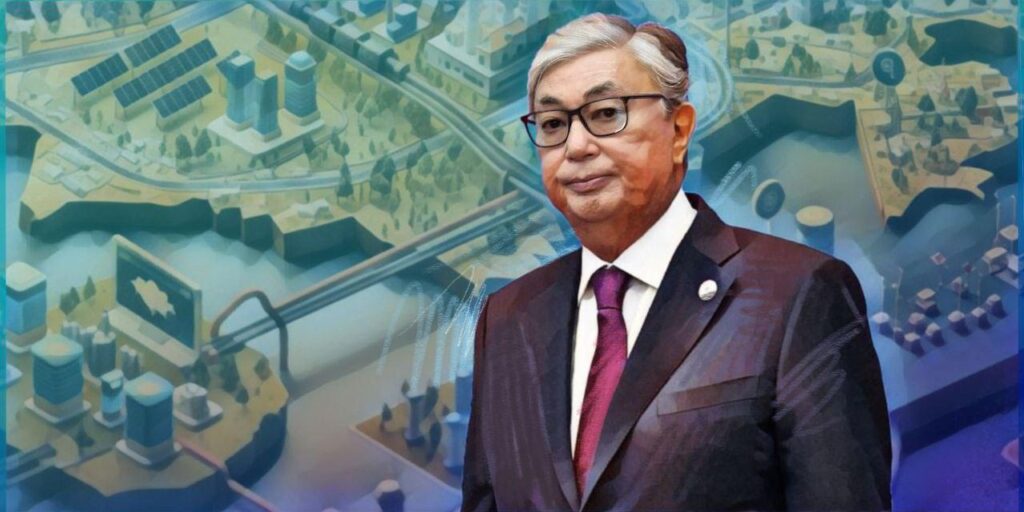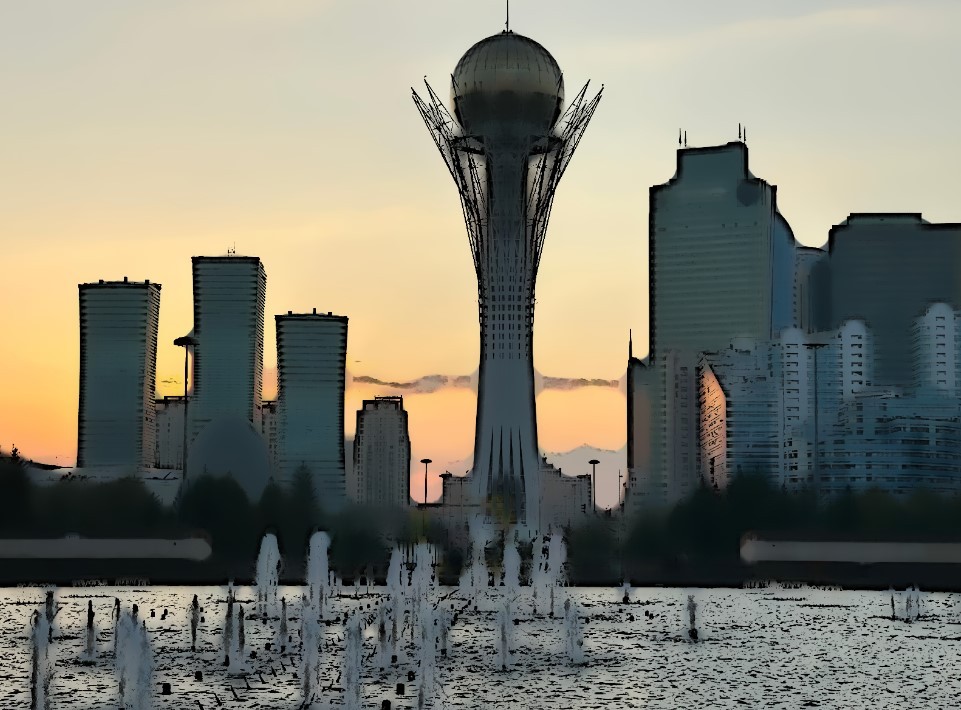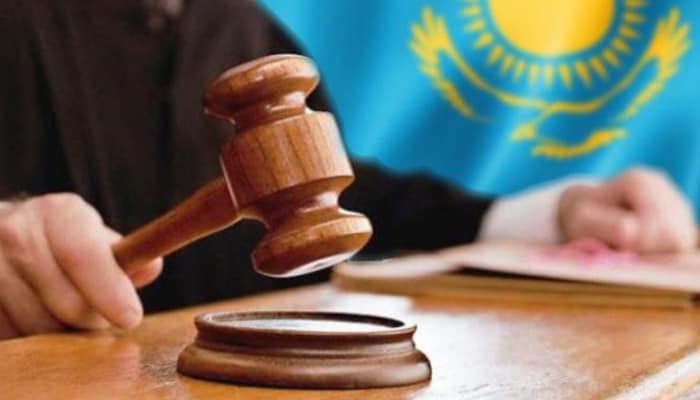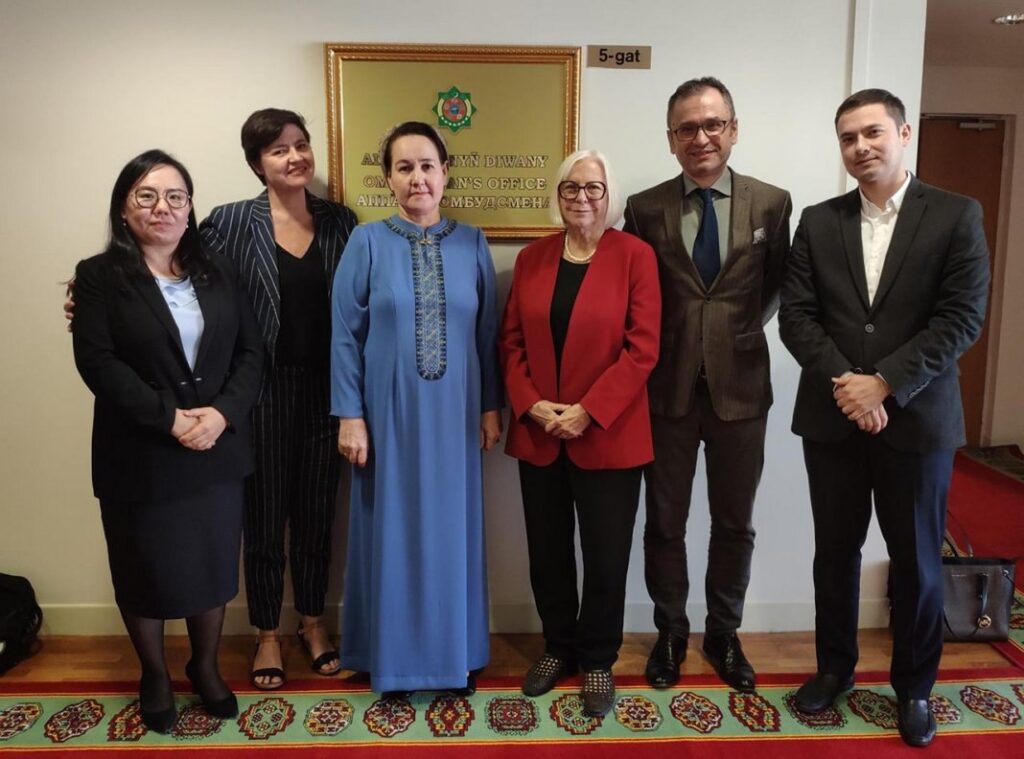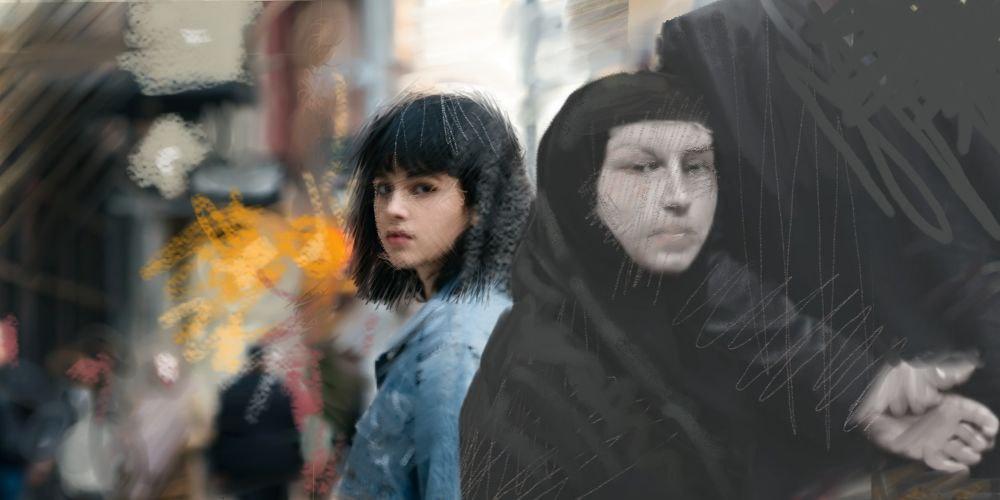President Tokayev: Kazakhstan Charts Its Own Course
In a rare, candid interview with Al Jazeera, President Kassym-Jomart Tokayev of Kazakhstan projected a steady, pragmatic vision for his country’s future, portraying it as a stabilizing force amid turbulent global currents. Tokayev explained how his government is navigating complex pressures at home and abroad, from economic modernization and digital transformation to balancing ties with Russia, China, Europe, and the United States. The message was one of controlled ambition: Kazakhstan will not be rushed, but rather steer a measured course of reform and integration, balancing domestic stability with global engagement. Tokayev opened the interview by acknowledging the obstacles facing Kazakhstan’s domestic reforms, notably the global pandemic and the war in Ukraine. These external shocks, he explained, have tested the country’s resilience and delayed the delivery of the “New Kazakhstan” that he promised three years ago. Yet he remained firm in his commitment to a gradual but determined path forward. “We must be frank, we must be pragmatic, but at the same time we need to be very much bold,” he said. Domestically, Tokayev defended his record on political reform, including the legalization of opposition parties and the introduction of a one-term presidency of seven years. “I have already announced that I will step down” in 2029, he said, adding that this was “a demand of my people.” This latter move is unprecedented in the region. Tokayev characterized Kazakhstan’s laws as “quite democratic,” dismissing criticisms from organizations like the Organisation for Security and Co-operation in Europe and Human Rights Watch as biased and detached from the country’s political and historical context. "I don't believe that we should follow recommendations of human rights organizations nowadays," he said, also mentioning foreign funders behind certain NGOs, which he left unnamed. Acknowledging the need for further reforms, particularly in media freedom and civil liberties, Tokayev made clear that stability remains the overriding priority. “Without stability, there will be no reforms, no modernization, no transformation of our society,” he said. Tokayev emphasized Kazakhstan's commitment to a “law and order” strategy to promote greater stability, where the laws fully comply with international standards. Tokayev's remarks on measured progress typify his leadership style, which admits the complexity of transformation while setting pragmatic goals. His program of a “fair and just Kazakhstan” reflects his awareness of domestic discontent with wealth disparities that simmer beneath the surface of economic expansion. The country's economy remains dominated by hydrocarbon fuels, which account for over half of exports. Tokayev’s vision of transforming Kazakhstan into a “non-hydrocarbon country” by 2060 strikes a pragmatic note. “Coal in our domestic energy balance accounts for 73%. We cannot give up coal just overnight,” he said, signaling both realism and the limits of immediate energy transition. The diversification of transport routes — including the Trans-Caspian International Transport Route (the Middle Corridor) and the Baku-Tbilisi-Ceyhan pipeline — aligns with his goal of mitigating overdependence on Russia and ensuring economic security amid global uncertainty. Tokayev’s foreign policy strikes a careful balance between continuity and adaptation. While acknowledging Kazakhstan’s reliance on...
